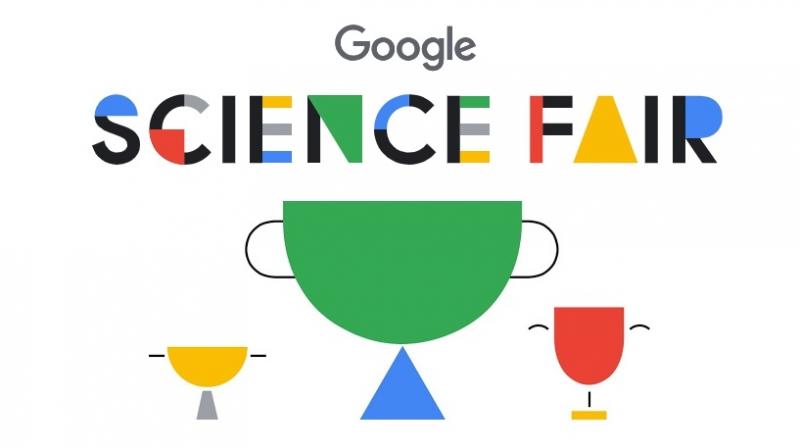18 Indian students to compete for $50K scholarship at Google Science Fair 2018-2019
Amongst 100 finalists, 18 students were from India and aged between 13 and 18 years of age.

Celebrating the next generation of scientists from around the world, Google announced the top 100 regional finalists of the 2019 Google Science Fair! The global science competition inspires teens in the age group of 13-18 years to solve real-world problems with science, technology, engineering, and math. The Grand Prize winner will receive $50,000 in academic scholarship funding.
This year’s competition saw thousands of entries from more than 100 countries representing some incredibly innovative and groundbreaking ideas in science and technology, ranging from health, environment, road safety, water crisis, and even nature and wildlife protection. The entries were evaluated based on the creativity, scientific merit and potential for impact of each submission to narrow down the entries to 100 finalists globally.
From addressing health-related issues to creating more eco-friendly adhesives and fuel to making our water safe to drink, the young students from India presented novel and creative ideas. India accounted for the highest number of entries shortlisted with 18 students from India among the 32 young students from the APAC region; making it among the Top 100. All the regional finalists will receive a prize including Chromebook and goodies from Google.
Here’s a list of the young scientists from India who will compete for the winning prize of $50,000 and other rewards.
Sachin Singh: An artificial Intelligence based novel mobile solution for early detection of valvular heart disorders
A U Nachiketh Kumar and Aman K A: Averrhoa Bilimbi - A natural coagulant for rubber latex
Lalitha Pingali: POHA: Personal Oral Health Advisor with a multimodal sensor, mobile cloud application, and machine learning
Rishank Kanaparti: MLightSafe: Making the road safer with computer vision algorithms
Ayush Gharat: AmNutrition: A software solution for diagnosing malnutrition in children under the age of 5 years
Lakshya Aggarwal, Shreet Aggarwal and Pranav Parashar: Impact of single classroom-based peer-led organ donation education exposure on high-school students and their families
Antara Bhattacharya: Understanding planet formation processes through analysis of data from single- and multi-exoplanetary systems
Naisargik Lenka: Bioremediation of CR(VI) contaminated soil and water using Anabaena Cylindrica Immobilized in a polymer matrix
Aditya Radhakrishnan: Positively identifying species using convolutional neural networks and hyper networks to aid wildlife conservation efforts
Satyam Thakur: Clear pollution with pollutant
Manikya Verma: Carbo-S Polymer:- A solution to the global water crisis (combating water pollution and facilitating better water retention in soil)
Aparna Ajit Gupte: Management of stray dog vaccination through individual identification of stray dogs using machine learning
Harsh Agrawal and Anmol Rathi: Early detection of pancreatic cancer through competitive lateral-flow assays and deep learning
The top 20 winners will be flown to Google’s headquarters in California in July for a celebratory finalist event and for the last round of judging. The finalists will be chosen by a panel of renowned scientists and innovators. Submissions for the latest edition of Google Science fair were accepted between September 13 to December 12, 2018. The final winner will be announced at a global event in July 2019.

